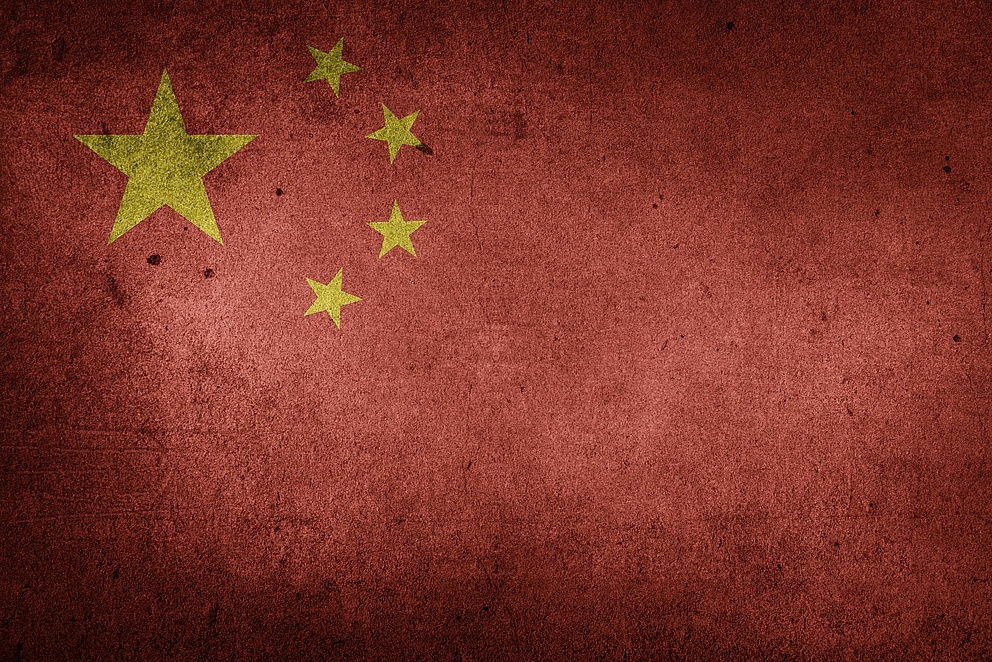

Contact
Press, Communications and Marketing
Tel.: +49 228 833-144
Fax: +49 228 833-441
presse[at]avh.de
It appears that in the wake of the COVID-19 pandemic and the war in Ukraine, a shift away from globalisation and towards reliable partners is urgently called for. Putin’s gas boycott shows that Germany must become more independent from countries that do not share our values. It otherwise leaves itself open to blackmail. But does this apply only to economic interconnectedness or also to scientific interconnectedness? This question particularly arises in the case of China which understands itself as an ideological competitor and whose official strategy is to achieve global domination in science too. This question calls for a dispassionate analysis – an analysis that would also examine our own interests as well.
Young Chinese researchers are specifically attracted in large numbers to those locations abroad where they can acquire knowledge and expertise that they can then take home with them. From an individual’s point of view, this is a logical step when building a career in science. But for China’s leadership, it is also, in strategic terms, only natural to single-mindedly seek to ensure one’s own advantage. This gives rise to the questions: Is a young researcher’s decision to come to Germany to work in the area of materials science or conduct basic research in the life sciences field based solely on their wishes? Why is there significantly less collaboration in a field like communications engineering? In this field namely, China itself is a world leader. One can ask whether Europe would be less dependent on Chinese communications engineering if Germany itself had had a ‘Chinese mindset’ in this field so that it could have jointly developed shared knowledge over the years. Perhaps by pursuing this type of collaboration, both countries would have made more progress together than China has been able to achieve on its own to date.
German science policy needs to continuously monitor our relations with China and, if necessary, have a strategy in place for avoiding detrimental asymmetries.
I am convinced that German science policy needs to continuously monitor our relations with China and, if necessary, have a strategy in place for avoiding detrimental asymmetries. This and the sharing of information and expertise between research institutes here at home would also help preclude research with dual-use potential – in other words, research that could also be used for military applications or to monitor and suppress dissidents.
Win-win relations are the aim here. This unequivocally includes compliance with standards such as transparency and fairness in dealings involving data and intellectual property. There is still a lot to be done in this connection. For example, Chinese law currently makes the export of ‘important’ data from government research facilities dependent on a permit. In practice, such cases often involve data that have been gathered during joint projects. In the interest of a fair partnership on equal terms, the Chinese government must ensure legal certainty and transparency in this area – and Germany must stand up for its interests more effectively in cases like this. The German Rectors’ Conference formulated sensible proposals in its Guiding Questions on University Cooperation with the People’s Republic of China. They must now be implemented.
Win-win relations are the aim here. This unequivocally includes compliance with standards such as transparency and fairness in dealings involving data and intellectual property.
However, under no circumstances should interconnectivity with China be curtailed. Quite the contrary, our interconnections with China should be expanded. Limiting research cooperation to ‘friendly’ countries could result in a form of isolationism that would be harmful to us. However, both countries would benefit from constructive collaboration – technologically, economically, and in overcoming global climate and health crises, something which will not be possible without China.
Achieving this will require investments in scientific exchange and relations – not the budget cuts currently planned by the German government! As a ‘collateral’ benefit, collaboration fosters trust and mutual understanding which are needed to resolve conflicts in constructive ways. These types of ties also enlarge our networks with partners which share the same values or have not yet decided whom they should associate themselves with.
This text appeared in the 3 November 2022 issue of the weekly newspaper DIE ZEIT.
